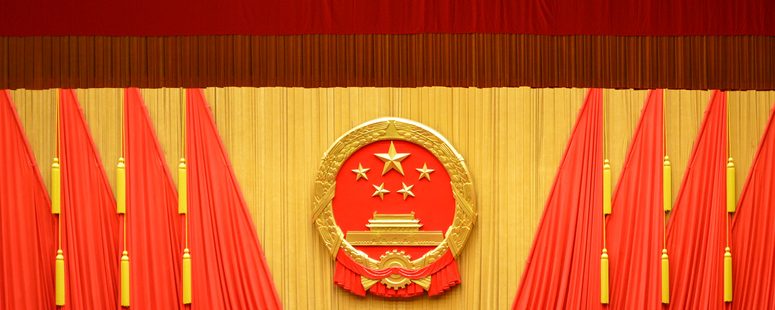Our Opinion: 2022
China’s key risks for investors

There are three key risks for investors in Xi’s China. The first major risk is that the country is running out of time for reform. This was covered in the last post.
The second concern is the heavy hand of the state in all areas of the economy and society. Xi and his key advisers clearly believe that China has taken the wrong path. There are aspects to their vision that could be positive, at least in principle. For example, it is likely that Xi’s wide-reaching anti-corruption campaign reflects genuine personal disgust with the level of corruption in modern China rather than a simple pretext to purge political rivals. That’s not to say the campaign is well-conducted: it creates a climate of fear, it has served to crush opposition to him, and it does nothing to bring about the transparent and predictable rule of law that China badly needs. But the ambition of tackling corruption is understandable.
Similarly, the crackdown on high-flying tech companies such as Alibaba that began in 2020 is reasonable in many ways. These firms had grown very large, very powerful and often quite monopolistic, due to their success in skirting ineffective regulation. Acting against them might be beneficial for the wider economy even if it hurts shareholders in those individual firms. The problem is the suddenness, the lack of clarity in terms of the government’s long-term intentions and the abrupt reminder that private property rights are ultimately very limited.
China never gave up on the idea of a large role in the economy for the state, but it is unambiguous that Xi’s administration sees the state as far more dominant than under his recent predecessors. Whenever there is a situation in which the government feels that private businesses are not serving its social goals, it will step in. Sometimes this is survivable. After Alibaba’s time in the spotlight, Tencent took a beating over concerns that children are playing computer games too much:it and its rivals must now restrict access for children to just three hours a week at specific times. That’s unwelcome for games companies, but not a fatal blow.
However, when the government decided to outlaw for-profit private schools for children last summer, it destroyed a thriving private educational sector. US-listed shares in New Oriental Education & Technology, the largest and best-known provider, began 2021 at $17 and now trade at around $2. This decision was directed at the wide use of after-school classes and private tutoring by ambitious parents, which the government says puts too much pressure on children. The government also apparently hopes removing the social pressure to pay for expensive private tuition will raise the birth rate and eventually alleviate the country’s demographic crunch (the expense of raising children is often cited as a reason why many people remain reluctant to have large families even though the one-child policy has been abandoned). There is certainly a good case that children are under too much pressure and so the aim may be laudable. But the fact that businesses that have been built up over decades can be wiped out so quickly shows how easy it is to end up on the wrong side of the government’s new priorities.
But the problem goes deeper than control of the economy. Under Xi, the state has cracked down ever more heavily on freedom of speech and discussion of any issues that could be considered sensitive. In the mid 2000s, what could be freely debated or reported had steadily expanded in China. The climate became somewhat more restrictive around the time of the Beijing Olympics and did not fully open up again – but in recent years the shift towards repression has become far more severe. Journalists are much more restricted in what they can report and censorship on social media has become stricter. Newspapers are now full of fawning articles about Xi’s virtues and vision.
The ability to debate policies is constrained even in academia, while high-profile critics who might previously have enjoyed some element of protection because of their status and connections have been silenced. Real-estate tycoon Ren Zhiqiang, who had been a blunt critic of Xi and the party, was last year jailed for 18 years on allegations of corruption, in what was widely seen as a warning to others.
Obviously, to anybody who values freedom of speech, this is appalling. However, it’s also bad for China regardless of the human-rights issue. Shutting down the ability to report, discuss and debate increases the risk of making mistakes. Policies are not publicly scrutinised, while the information reaching top decision makers become more one-sided.
In the next post, we will look at Xi’s China’s more muscular attitude to international relations.
4th January 2021
